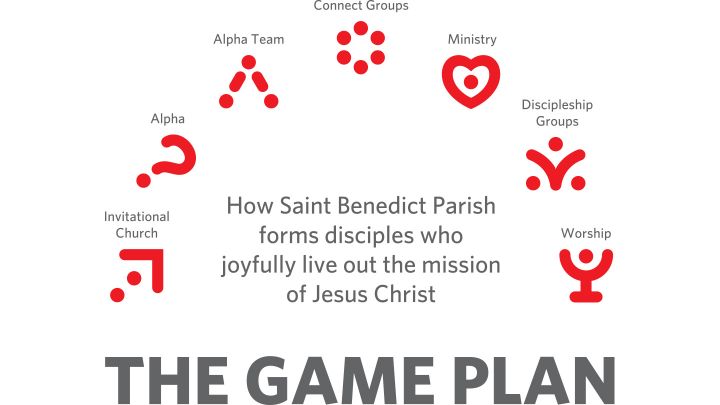To understand these parables we need to have a better grasp of the development of wheat plants and mustard seed plants.
I found these websites helpful for wheat
https://www.agric.wa.gov.au/grains/zadoks-growth-scale
http://wheatdoctor.org/wheat-growth-stages-and-zadok-s-scale
The most striking thing is how much the wheat plant changes during its growth from seed to maturity and harvest. From seed a seedling springs, then something that looks like green leafy grass, then a stem forms and grows, eventually the flag leaf grows and the ear of wheat begins to emerge, and grow, and then to dry out, brown and harden.
Like the mustard seed, the beginning is small and insignificant.
At the end is a swift, sharp sickle when the grains of wheat are ripe, and farmers watch over their crops like mother hens until the perfect time for harvesting to maximize yield comes.
From our vantage point of history we can see how the Church has grown and changed significantly many times since that first Pentecost in the upper room. The Church under early persecution looked very different to the Church after Constantine and the age of the Desert Fathers; that was followed by the age of the monasteries eg Benedictines; and the age of the mendicant preaching orders eg Franciscans and Dominicans, the age of the crusades, the age of the missionary orders eg Jesuits; the age of the teaching orders eg Josephites, and the age of the laity/charismatic renewal. It is still the same Church fueled by the power of the Holy Spirit, even though it might look and feel different to anyone who lived through Vatican II.
This perspective should help us yield more responsively to how the Holy Spirit wants us to grow and change into the next era.
He is in control.
The most likely candidate for the kind of mustard plant Jesus referred to is the black mustard. Of the seeds planted in the ground, it is the smallest. What gave me a surprise is that it is an annual not a perennial plant. It would have been common in kitchen gardens. Apart from being a plant with a small seed, it has explosive growth, and it looks a lot more like a big weed than a tree.
When the Holy Spirit is active, kingdom growth is exponential not linear. That kind of rapid growth is one of the ways that alerts us that the Holy Spirit is moving upon something. The praise & worship band, Praise Nation, from Pittsburgh USA, didn’t know how many would come to an initial adoration and praise night in their parish, but 120 showed up the first week, 250 showed up the next week, 500 showed up the 3rd week, and 5000 showed up when it was transferred to the cathedral. That kind of growth doesn’t happen naturally.
With both plants the good stuff (wheat, mustard seeds) has to be separated from the useless chaff at harvest time. With both plants, threshing and winnowing is used to do that process. This reminds me of other parables where Jesus promises the separation of the good and the bad at the end of time.
With both plants there is an insignificant beginning, rapid growth, lots of change, and a definite end at the perfect time for harvest, and a separation of good stuff from useless stuff, and the whole process takes time to unfold.
What can we conclude?
God is in control.
God is in control of His kingdom.
God causes the growth of His kingdom.
His kingdom is characterized by small, insignificant beginnings, explosive growth, significant periodic change, and a swift fruitful harvest which happens at maximum ripeness separating the good from the not good.
Let us be intentionally co-operative with this kingdom plan of His, trust Him, trust Him more than we ever have before, and do whatever is our necessary part to be numbered among the fruit and not the chaff when harvest time comes. Amen.


 RSS Feed
RSS Feed